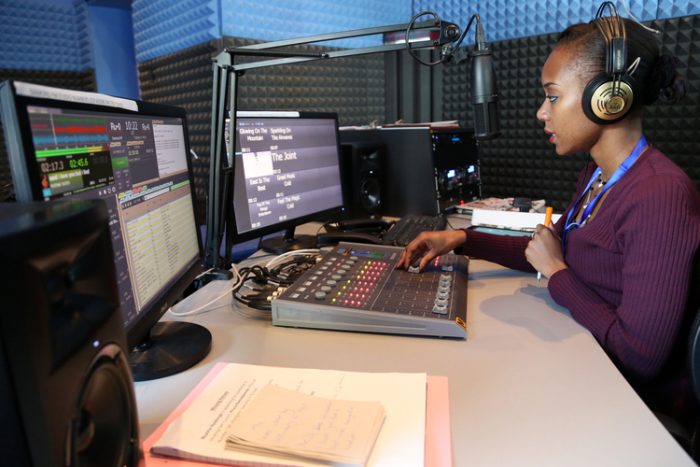Community radio station licensing remains a mystery in Zimbabwe
By Takudzwa Chirinda
As I sat in the office today, just wondering on how genuine and competitive the strategies being used by Zim-Papers are in naming its radio stations after COMMUNITY RADIO STATIONS found in towns they have been located.

Look at Diamond “Kumakomoyo” FM there is Kumakomo FM (a Community Radio Station) in Mutare, the names have got a 2 letter difference & Kingstons “Nyaminyami” FM yet there is Patsaka Nyaminyami Community Radio Station (a Community Radio Station) in Kariba.
Isn’t this a way of causing confusion to the locals found in such towns? Will this naming strategy silence the voices of the Community Radio Stations? What does the law say about such strategies? Will the government abandon the local Community Radio Stations after such actions? Will these Commercial Radio Stations serve the same purpose as Community Radio Stations (that is giving a voice to the communities)?
It clearly shows that we are going nowhere as a nation, simply by failing to live and adapt to very simple commitments we could have involved ourselves into. One can start wondering if this same commercial sector (Zim Papers) will be able to serve communities as Community Radios have done. A fellow friend of mine said to me,” We are simply going back to the ‘Stone Age ERA’ if we continue heading in the same direction as we are in right now.
Can one player manage to play numerous positions in a soccer match and take the team far? In as much as we appreciate the efforts being made by our government in trying to free the airwaves, we however feel that with a glaringly underdeveloped broadcasting industry, Zimbabweans unfortunately have very little if not nothing to celebrate.
Proclaimed on November 3, 2011 by the United Nations Organization for Education, Science and Culture (UNESCO) at the organizations 36th General Conference; in recognition of the importance of radio to nations and to communities within nations, I/We however feel that Zimbabwe has not started to see the importance of radio in the aspect of development otherwise we could have started to see various players being involved in the broadcasting fields.
As residents we acknowledge an improvement in the ways media have been run since independence but still urge the government to start licensing COMMUNITY RADIO STATIONS. What benefit is there to the economy in giving licenses to a few incapable players at the expense of well-furnished and prepared initiatives? Why not give them a chance to prove their worth to the economy of Zimbabwe than assuming that they are not capable?
At least 28 community radio initiatives exist awaiting to be licensed. They have experienced a restrictive operational environment including violations of their rights to freedom of expression, association and assembly. The community radio initiatives have endured police raids, detention of activists and are subjected to surveillance by state security agents and now commercial radio stations come in and clearly steal names of these Community Radio Initiatives with little or nothing being done to them about such ill behaviours.
The Broadcasting Services Act was amended in 2003 and 2007. This report beyond TOKENISM – The need to license community radio stations in Zimbabwe is mainly focused on violations of the right to freedom of expression and the right to information in the context of consistent failure by the government to license community radio stations, and accompanying violations of the rights to freedom of association and assembly for activists campaigning to be licensed to establish community radio stations in Zimbabwe.
Restrictions to the right to freedom of expression and right to information for this target group are occurring in an environment where human rights defenders, government critics and the political opposition activists are also not freely enjoying their civil and political rights. Human rights are being restricted through discriminatory practices, arbitrary application of the law and, in some instances, blatant violence is used with almost absolute impunity.
The Government of Zimbabwe’s failure to license a single community radio station since 2001 despite existence of a legal framework which allows for such licensing constitutes a violation of the right to freedom of expression which is guaranteed in the country’s constitution and enshrined in regional and international human rights treaties to which Zimbabwe is a state party. I urge all Community Radio Stations out there to continue with the good work they have been doing and not to be de-motivated by these fraudulent acts.
Diamond FM Zim Star FM Zimbabwe – (89.7 Hre, 93.1 Byo), The Herald-Zimbabwe, Chronicle, Zimbabwe Kwayedza,Sunday Mail and Kingstons Nyaminyami FM all Zim-Papers’ projects.






